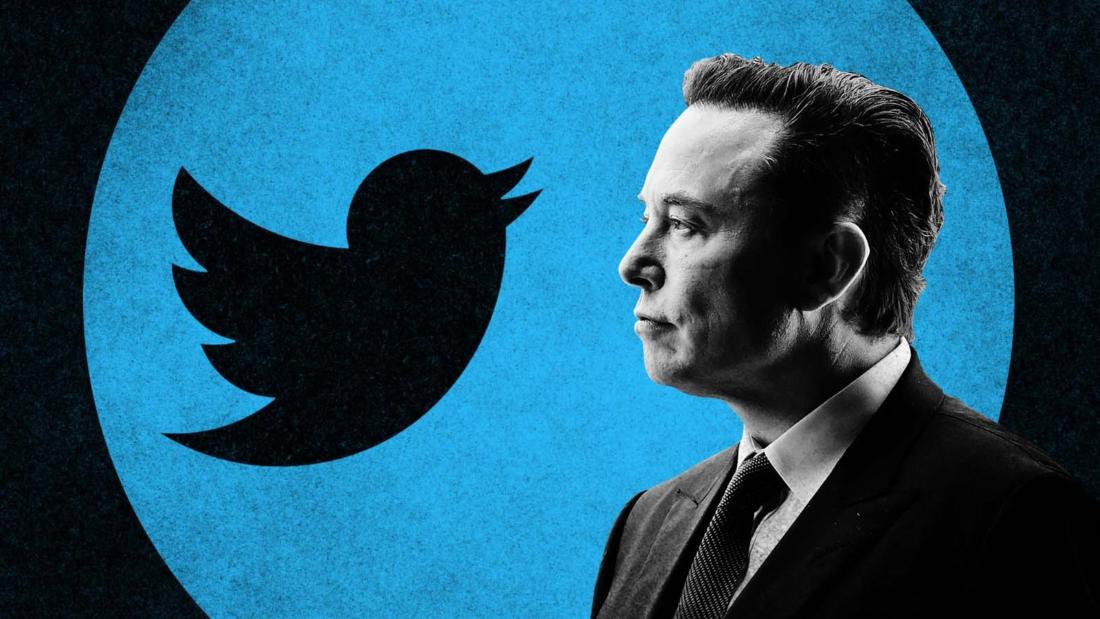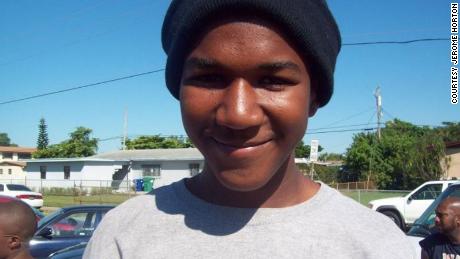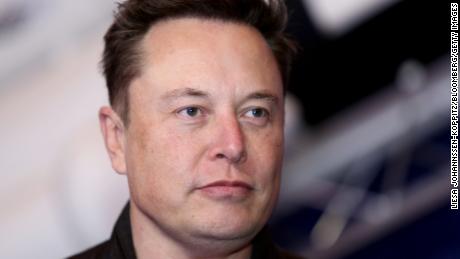While the site has become increasingly venomous over the years, it has also allowed Black users to deepen kinship bonds and elevate movements. Now, that community-building might be in jeopardy.
“There’s an innate sense of dread,” Meredith Clark, an associate professor at the School of Journalism and the Department of Communication Studies at Northeastern University, told CNN. “And I think that it comes not just from the announcement that Musk might buy Twitter.”
Clark explained that, for many Black Americans, the past decade has been rife with social and political turbulence.
“The only reason that (the Musk announcement) is sort of on the same wave as those other events is that this is a person who has made a number of statements that are concerning to Black people,” Clark said. “He’s a son of apartheid. He’s in the middle of a discrimination lawsuit brought by Black employees at his Tesla plants.”
Clark minced no words, “You have to be concerned about what it means not only for another billionaire to be playing with money in a way that affects something that represents connection and that you enjoy but for this billionaire, with a specific history, to be the person behind that intended purchase.”
Creating connections
To understand what might be at stake, let’s pause for a moment to explore the communal dimension of Twitter that Clark nodded to.
In the early 2010s, when Twitter, which launched in 2006, was still relatively fresh, the site had a dramatically different atmosphere. People were more likely to tweet about fairly mundane things: school gossip, lunch, Shonda Rhimes’ hit TV series “Scandal.” Twitter was a place where ordinary people could talk about ordinary things.
It was also a place where ordinary people could do extraordinary things, such as fuel grassroots movements.
“I would’ve never been able to get my message out as broadly as I did without Twitter,” Pennebaker told CNN. “I’ve become really good friends with Cory Booker, and that was a byproduct of my being able to reach him via Twitter and have him listen to my story. When he ran for president (in 2020), he included a policy plank in his platform that was specific to my story about how my mom shot and killed herself with a gun.”
Or think of it like this: Much of the allure of Twitter in its younger years was that it allowed people, especially Black Americans and the members of other marginalized groups who didn’t have the megaphone of a big media platform, to forge connections — to take up space.
But over the years, the platform has gotten worse, particularly for those for whom it had long been a more obvious good.
“Something we were hyper-aware of as we were writing ‘#HashtagActivism’ was that the Twitter we started studying in 2014 — with every passing moment, it was a different Twitter,” Jackson said. “The more people joined — the more mainstream media journalists and politicians and companies took up Twitter — the more it changed.”
In time, bots and trolls and bad actors inundated the site.
“You could no longer assume that if someone replied to your tweet, they really wanted to engage in a conversation or debate with you,” Jackson said.
Chaos agent
It’s the ever-deteriorating state of Twitter that makes the news about Musk, one of the most influential agitators on the site, troubling to many Black users, who are unnerved by how Musk seems to conflate “free speech” with “sympathy for bigotry against marginalized groups.”
For some, the announcement was enough to make them quit Twitter altogether.
“The moment I heard about the offer, I was like, ‘I’m out.’ It was the easiest social media decision I’ve made, ever,” the writer Ijeoma Oluo told CNN. “I don’t want to be a part of a platform that would even accept something like this.”
Oluo laid out that what makes Musk so upsetting to her is his behavior on Twitter.
“It’s not just the way he responds to challenges or perceived insults. It’s also the way he requires a foil, someone to fight with,” she said. “I felt like I was becoming one of those people whose relevance to Twitter was as a target. And I didn’t want to be a part of why some people go to Twitter — to harass Black people and trans people and other marginalized people, especially when we try to flex the power we have to keep it safe.”
“That collective power is something that terrifies many White men, particularly White men who think that tech is theirs,” Oluo continued. “And I really wish that people cared even half as much about the ways that so many voices have been pushed out of online spaces as they do about one billionaire’s desire to throw a fit on the internet.”
Jackson echoed some of Oluo’s sentiments.
“Musk has been outspoken on Twitter about what appears to be a distaste for progressive politics,” Jackson said. “And he’s also known as this chaos agent. Some people consider him to be someone who enjoys ‘trolling for fun.’ So, for me, the news raised concerns that somebody who doesn’t seem to value democratic values at least as I define them — in terms of people having access to and safety in the public sphere — might be taking over the platform.”
Yet Jackson is staying on Twitter — for now, anyway.
“Staying is conditional,” she said. “There are a few wait-and-see questions. For instance, is the site going to be managed in a new way, both in terms of its corporate ethics and in terms of things like how the algorithm works and how hate speech is or isn’t tolerated?”
Crucially, while Twitter has been socially and politically valuable, particularly to Black Americans, it wouldn’t be the end of the world if the site were to cease being the preferred platform for deliberation and expression. That’s because those things can move elsewhere.
“I don’t know what that space is,” Jackson said. “But I have faith in people to figure it out, to innovate. So, I think that we have to be careful. This (the Musk news) is a very good reason to feel dismay. But also, platforms aren’t permanent. Technologies aren’t permanent. They’re always changing.”









More News
The Forever Trial
Queen of the Book Club
Biden and Trump cut a deal on debates. Then the fighting started.